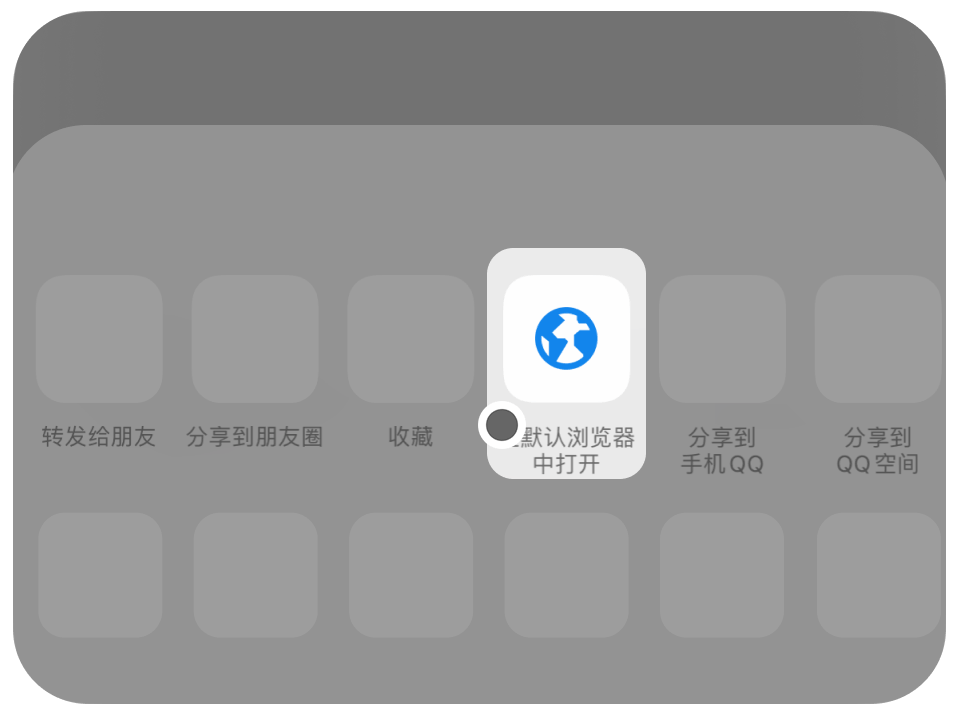Chip Stocks Rally as Trump Administration Plans to Rescind Biden's AI Chip Curbs
TMTPOST -- Shares of U.S. chipmakers rallied at Wednesday noon as the report of the Trump administration’s plan to pull back the upcoming worldwide artificial intelligence (AI) chip curbs was confirmed.
Credit:Pixabay
The PHLX Semiconductor Index (SOX), a Philadelphia Stock Exchange capitalization-weighted index composed of the 30 largest U.S. companies primarily involved in the design, distribution, manufacture, and sale of semiconductors, closed 1.7% higher. Shares of Nvidia Corporation, which boasts a dominant market share in AI chips, fell as much as 1.1% before finishing 3.1% higher. American Advanced Micro Devices (AMD), a key competitor to Nvidia, saw its shares rose nearly 1.8% as of close, paring their up to 1.8% losses at midday.
Stocks of major semiconductor companies were boosted by a report that eased concerns over U.S. President Donald Trump’s trade agenda. The Trump administration plans to scrap a policy launched under former American President Joe Biden, as part of a broader effort to revise semiconductor trade restrictions that triggered strong opposition from major companies and foreign countries, Bloomberg cited people familiar with the matter.
It was reported that Trump administration will not enforce the new policy, called as The Framework for Artificial Intelligence Diffusion (AIDR), when it takes effect on May 15. The policy shift was reportedly made as Trump prepares for a trip to the Middle East, where a number of countries including Saudi Arabia and the United Arab Emirates have bristled at restrictions on their ability to acquire AI chips.
To scrap the AIDR can be deemed as a win for Nvidia and other chipmakers as the export caps under the rule were unveiled during Biden’s last week in office in January, as part of efforts from the Democratic administration to limit access to the chips needed to power cutting-edge AI. The rule, if enacted, is set to effectively eliminate backdoors for Chinese firms to circumvent existing U.S. export controls on high-tech.
The rule has the world divided into three tiers. Seventeen countries and the Taiwan island, at the top tier, would maintain essentially unmitigated access to American chips. And countries of concern like China, Russia, Iran and North Korea in the third tier would be blocked from importing the chips. And the vast majority of the world, around 120 other countries are in the second tier and have to be subject to limits on how many AI chips they can get.
The Information Technology Industry Council (ITI), a global trade association that represents companies from the information and communications technology (ICT) industry, warned in January that the restrictions under the AIDR would risk the United States’ ceding leadership in the sector to other countries like China. The Semiconductor Industry Association (SIA) the same month described it as a rule that was “developed without industry input and could significantly undercut U.S. leadership and competitiveness in semiconductor technology and advanced AI systems.”
A spokesperson for the Department of Commerce’s Bureau of Industry and Security later Wednesday confirmed the Trump administration plans to rescind the so-called AI diffusion rule, and said it would replace the rule with a new one.
"The Biden AI rule is overly complex, overly bureaucratic, and would stymie American innovation," the Commerce spokesperson said. "We will be replacing it with a much simpler rule that unleashes American innovation and ensures American AI dominance."
Axios on Wednesday learned that the Trump administration is planning to issue new guidance to replace the Biden-era rule within a few months. Reuters last week reported Trump administration officials are considering discarding the tiered approach to access in the rule and replacing it with a global licensing regime with government-to-government agreements. Such a structure would make it easier for the U.S. to use access to American-designed chips as leverage in negotiations with individual countries, per the report.


